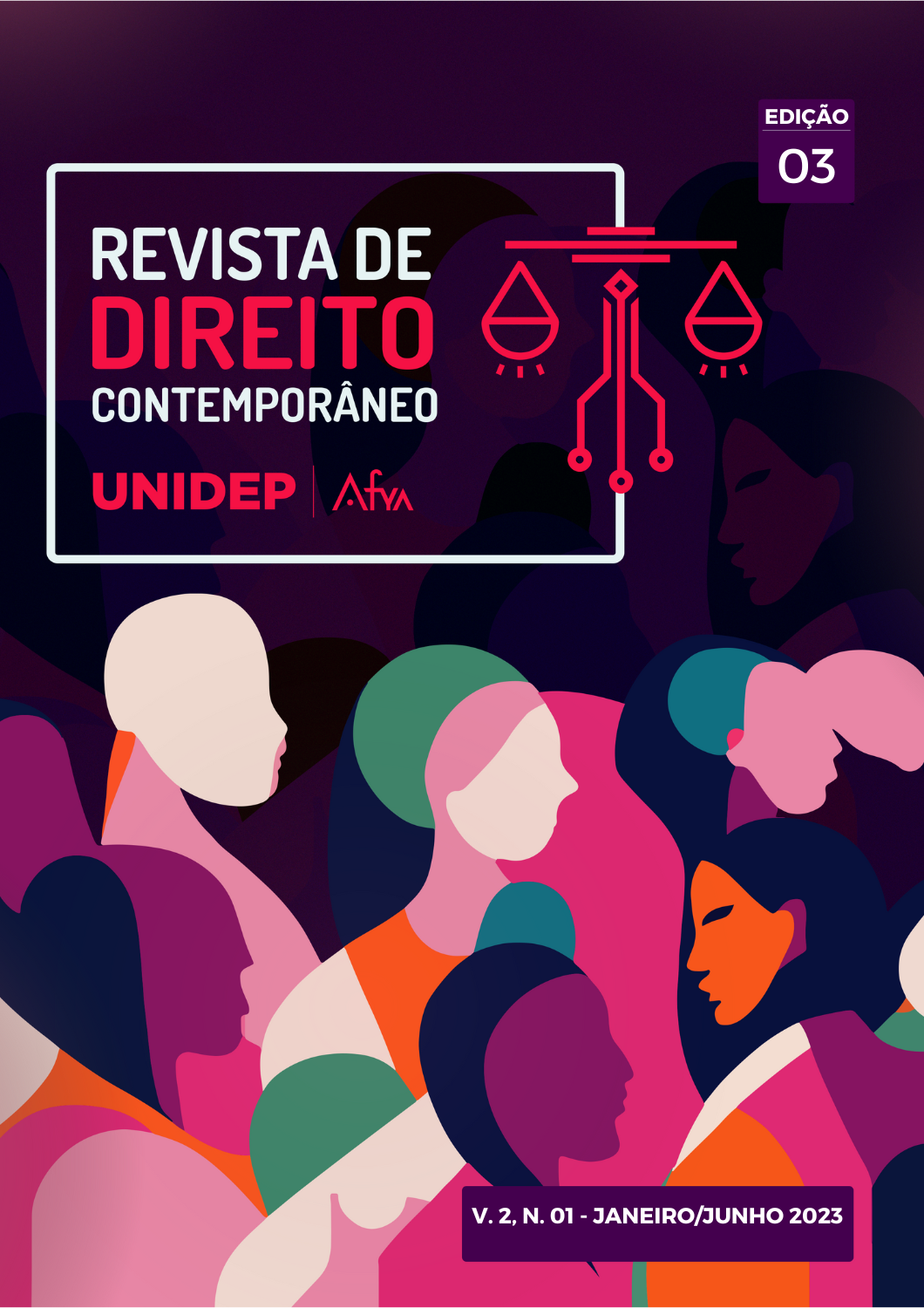AS NOÇÕES DE "DATA DRIVEN BUSINESS" E A CRESCENTE TUTELA JURÍDICA DE DADOS PESSOAIS NO BRASIL
Resumo
Este artigo analisa como a crescente tutela jurídica de dados pessoais impacta modelos de negócios orientados por dados (data driven business), no contexto de uma sociedade informacional. Apresentando a importância dos dados pessoais na economia atual e o histórico de normas de privacidade e proteção de dados pessoais no cenário nacional, o trabalho também lista sugestões para compatibilizar as leis vigentes com modelos de negócios que utilizam dados como matéria-prima ou linha mestra. Utilizando métodos de pesquisa quantitativos e qualitativos, como pesquisas sobre uso de dados e levantamento legislativo e doutrinário, conclui-se que é possível proteger os dados pessoais sem impedir a inovação e o desenvolvimento econômico, tendo em vista que o legislador adotou normas flexíveis com este fim.
Downloads
Publicado
Como Citar
Edição
Seção
Licença
Copyright (c) 2023 Revista de Direito Contemporâneo UNIDEP

Este trabalho está licenciado sob uma licença Creative Commons Attribution-NonCommercial 4.0 International License.
Você tem o direito de:
- Compartilhar — copiar e redistribuir o material em qualquer suporte ou formato
- Adaptar — remixar, transformar, e criar a partir do material
- O licenciante não pode revogar estes direitos desde que você respeite os termos da licença.
De acordo com os termos seguintes:
-
Atribuição — Você deve dar o crédito apropriado, prover um link para a licença e indicar se mudanças foram feitas. Você deve fazê-lo em qualquer circunstância razoável, mas de nenhuma maneira que sugira que o licenciante apoia você ou o seu uso.
-
NãoComercial — Você não pode usar o material para fins comerciais.
- Sem restrições adicionais — Você não pode aplicar termos jurídicos ou medidas de caráter tecnológico que restrinjam legalmente outros de fazerem algo que a licença permita.
Avisos:
- Você não tem de cumprir com os termos da licença relativamente a elementos do material que estejam no domínio público ou cuja utilização seja permitida por uma exceção ou limitação que seja aplicável.
- Não são dadas quaisquer garantias. A licença pode não lhe dar todas as autorizações necessárias para o uso pretendido. Por exemplo, outros direitos, tais como direitos de imagem, de privacidade ou direitos morais, podem limitar o uso do material.



